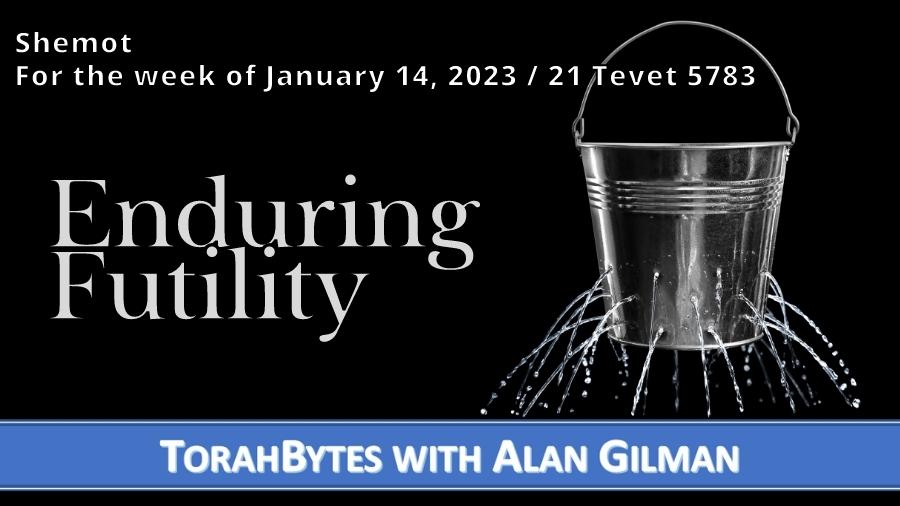For the week of February 4, 2023 / 13 Shevat 5783

B’shalach
Torah: Shemot/Exodus 13:17 – 17:16
Haftarah: Shoftim/Judges 4:4 – 5:31
Revised version of message posted the week of July 2, 2011 / 30 Sivan 5771
Download Audio [Right click link to download]
Then Moses and the people of Israel sang this song to the LORD, saying, “I will sing to the LORD, for he has triumphed gloriously; the horse and his rider he has thrown into the sea.” (Shemot/Exodus 15:1)
The Bible has several examples of songs that were written to commemorate significant events in the lives of the people. The main purpose of singing such songs was to help the community remember the character and power of God. The retelling of an event’s details helps us to get in touch with very specific elements of God’s character and power. It is one thing to proclaim that God is good and strong in general terms; it’s another to recount specific good things he did and exactly how he did them. While it is good to be aware of God’s characteristics in an abstract way, we connect with those abstract realities more effectively when we have actual examples to remember.
Retelling events through song has several other advantages over merely speaking or reading about them. The process of writing the song provides the opportunity for the writer or writers to carefully ponder the details of the event and their significance to others. This results in more than the cold recalling of facts, but also allows for the retention of the meaning of the event for generations to come. Songs are a lot easier to remember and have the tendency to get passed on to future generations. The poetic nature of songs, especially well-written ones, give future generations the opportunity to not only relive the original event, but ponder its significance all over again, while reflecting upon how past lessons can be applied to the present. Due to the nature of song, some of this happens unconsciously.
In most cultures throughout history song has held a very important place. Our own day is no exception. In fact, there may have never been a time when song has been as prevalent as it is today. But when I think of the content of most songs, very few are of the nature of those which we find in Scripture. Most contemporary songs (and there are exceptions) are about feelings and desires of the moment. These songs are highly emotional and subjective. This is not to say that there is no place for this kind of song – the Psalms include examples of such, though the perspective of the Psalms is very different from most contemporary songs. The tendency of much of today’s songs reveals the current state of most people, which is obsessed with self and the pursuit of pleasure. This tendency has spilled over into much of what may be considered as spiritually minded songs as well.
Another difference between songs in the Bible and songwriting today is the influence of commercialism and social media. If making money isn’t our motive, then at least we want to garner as much attention as possible. The result is that our songwriting motive has become more about self and popularity than God and our and future generation’s need to remember who he is and what he has done.
But wouldn’t it be wonderful if we began to write and sing songs simply about the great works of God as they are happening in our lives today? Have you, your family, or community gone through some significant event the recounting of which would benefit generations to come? Perhaps you or your loved ones have survived an ordeal of some kind? Did God see you through financial hardship, serious illness or accident? Maybe you are part of a congregation that almost dissolved but has seen a remarkable rejuvenation. Maybe your community is recuperating from a natural disaster. Maybe something terrible has happened to you or your loved ones, and there are some important lessons that should never be forgotten. Whatever it might be, it deserves a song. It might be sad or happy or both, but it needs to be sung.
Since it is always important to be true to one’s own words, I recently recorded and posted to YouTube an updated version of a simple song I wrote in my first year as a believer. You can view it here:
Scriptures taken from the English Standard Version


